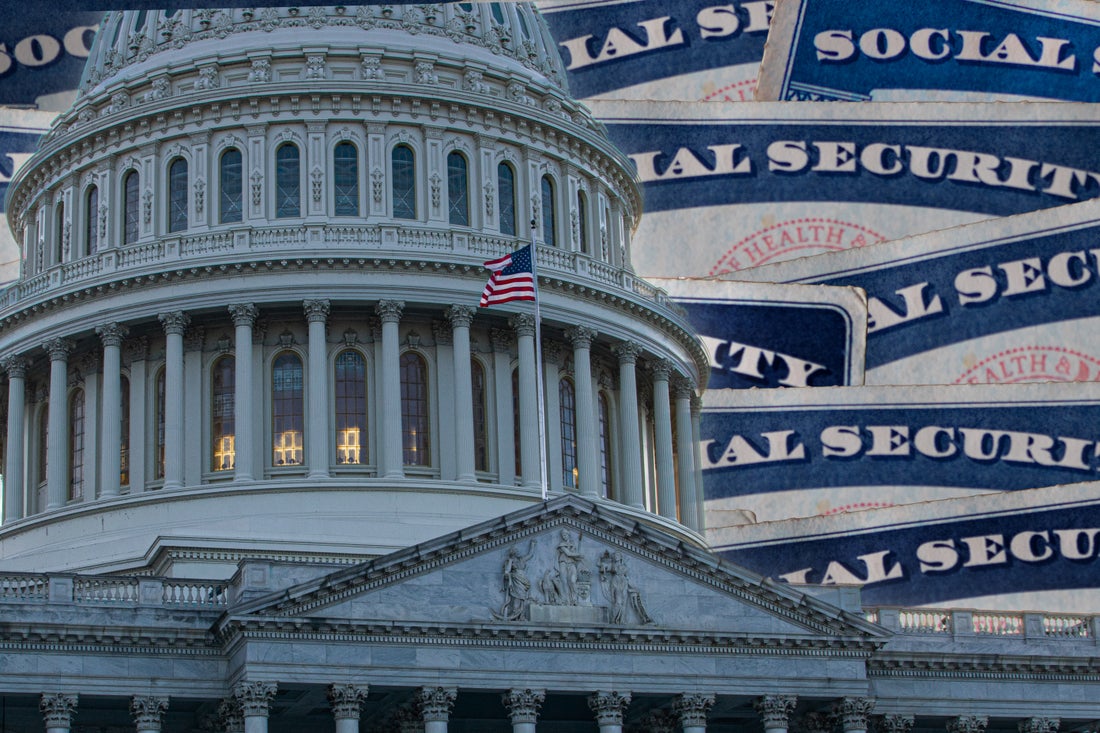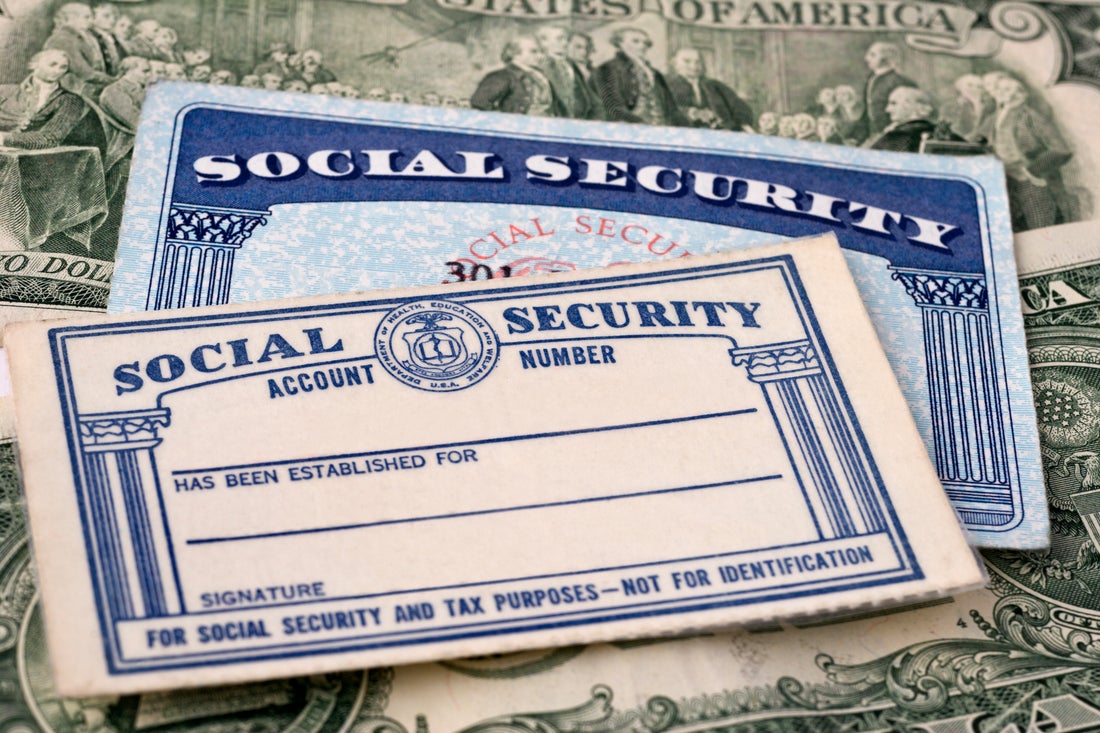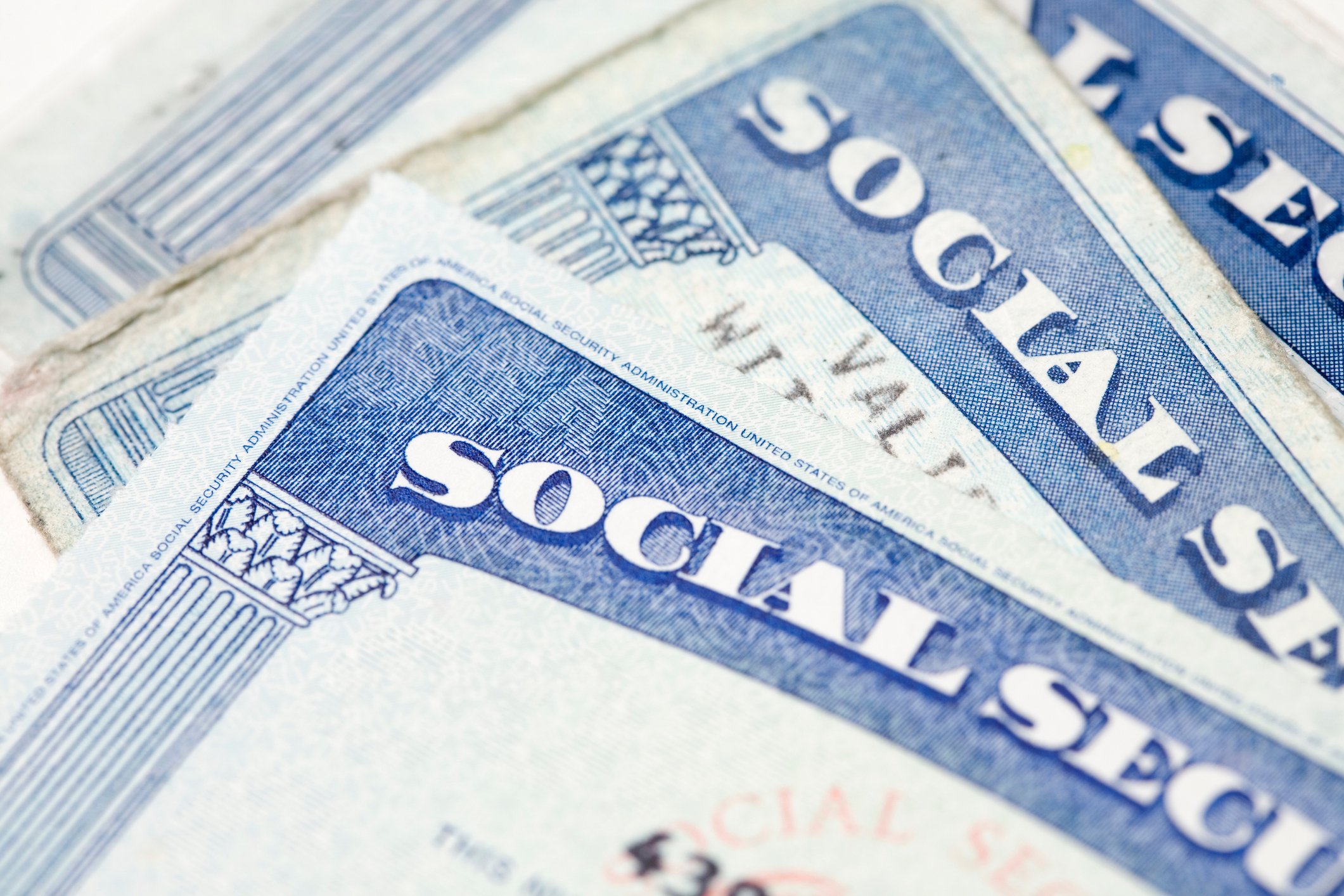Every year, the folks at the Transamerica Institute poll American workers to glean insight into baby boomers' preparedness for retirement. The most recent survey offers up some interesting facts that anyone in their 50s ought to know. For example, did you know that 67% of baby boomers plan to continue working in retirement?

IMAGE SOURCE: GETTY IMAGES.
1. Working longer
If your retirement savings have yet to recover from the Great Recession, and that has you thinking you'll need to continue working in retirement, you're not alone.
According to the survey, two-thirds of baby boomers expect to continue working past age 65, or not to retire at all. That's probably not too surprising, given that Social Security is designed to replace only about 40% of your preretirement income, and many baby boomers' savings strategies got sidelined by the Great Recession.
2. Inadequate savings
Speaking of savings, Transamerica reports that the typical baby-boomer household has set aside a median $147,000 in savings for retirement. That's not bad, but the survey also finds that many baby boomers have much less than that saved up.
For instance, about one in five baby boomers has less than $50,000 in retirement savings, and more than one in ten baby boomers have saved less than $10,000.
Since the common financial wisdom is to withdraw no more than 4% of retirement savings annually in retirement, these figures suggest it's pretty likely many baby boomers will face the real risk of outliving their retirement savings.
3. Making up lost ground
Few baby boomers are making the maximum contributions possible to their workplace retirement plans, but baby boomers are doing a better job than both Generation Xers and millennials at saving money in these plans.
Overall, about 80% of eligible baby boomers participate in workplace retirement plans, such as 401(k) plans, and on average, they're contributing 10% of their income. For comparison, Gen Xers and millennials are contributing about 7%, according to Transamerica.
Despite the higher contribution rate to these plans, most baby boomers should probably be contributing even more. Most baby boomers believe they'll need $500,000 in retirement savings, and based on that figure, and their current savings, more baby boomers should be trying to contribute the maximum to their workplace plans. In 2017, workers can contribute up to $18,000 of their earnings to a 401(k) plan, plus an additional $6,000 catch-up contribution if they're age 50 or older.
Tying it together
About one in three baby boomers say Social Security will be their primary source of income in retirement. However, Social Security alone may not provide enough income to allow baby boomers to maintain their standard of living, and questions remain regarding Social Security's long-term financing.
In 2017, the average retired worker is netting an average $1,360 in Social Security income, or $16,320 per year. That's not a lot. Furthermore, Social Security's outlays to current recipients have eclipsed its inflows from payroll tax revenue since 2010, and that has Social Security's trustees forecasting that Social Security's trust fund will run dry in 2034, prompting a 25% across-the-board cut.
Congress is likely to make changes that put the program back on solid financial ground before then, but changes could include pushing back ages for claiming Social Security, or other reforms that limit payments to retired workers.
Given the uncertainty, it's not surprising that 80% of baby boomers think they'll have a harder time achieving financial security than prior generations. If you worry that you may end up relying too heavily on Social Security in retirement, or that your savings might fall short, then there's no better time than now to double down on your savings strategy.
A good way to start? Sit down with your employer's human resources department and see if your company offers a retirement plan auto-escalator. This feature automatically boosts your contribution rate every year, making saving simpler, and helping you avoid the risk of day-to-day spending derailing your savings goals.





